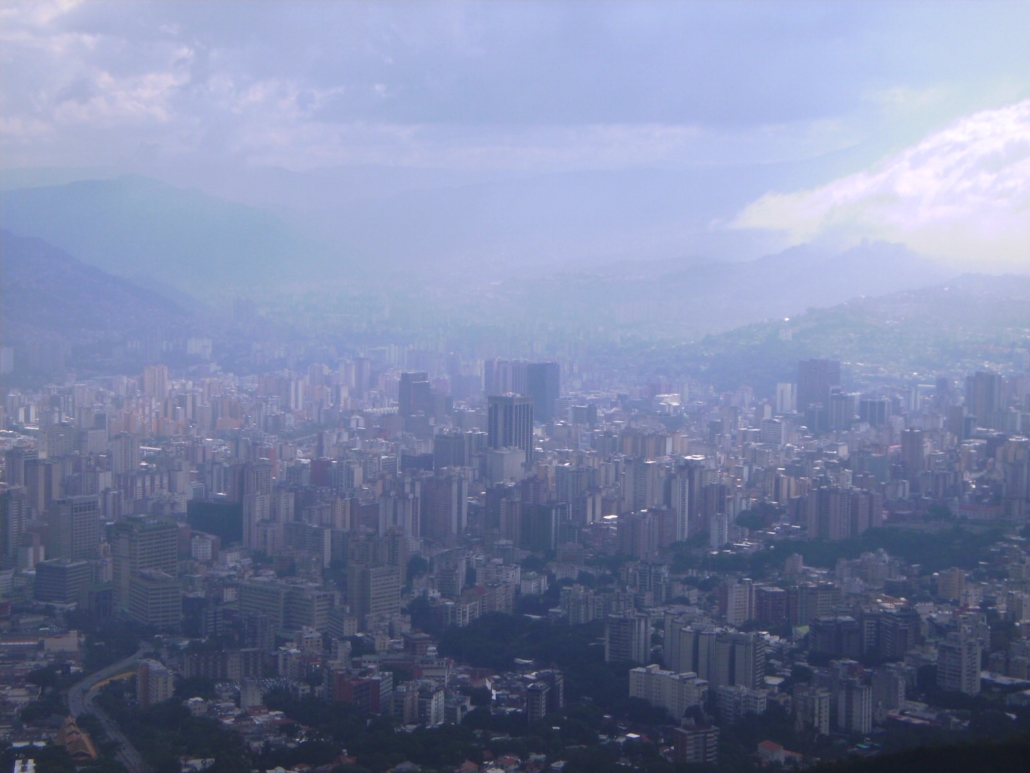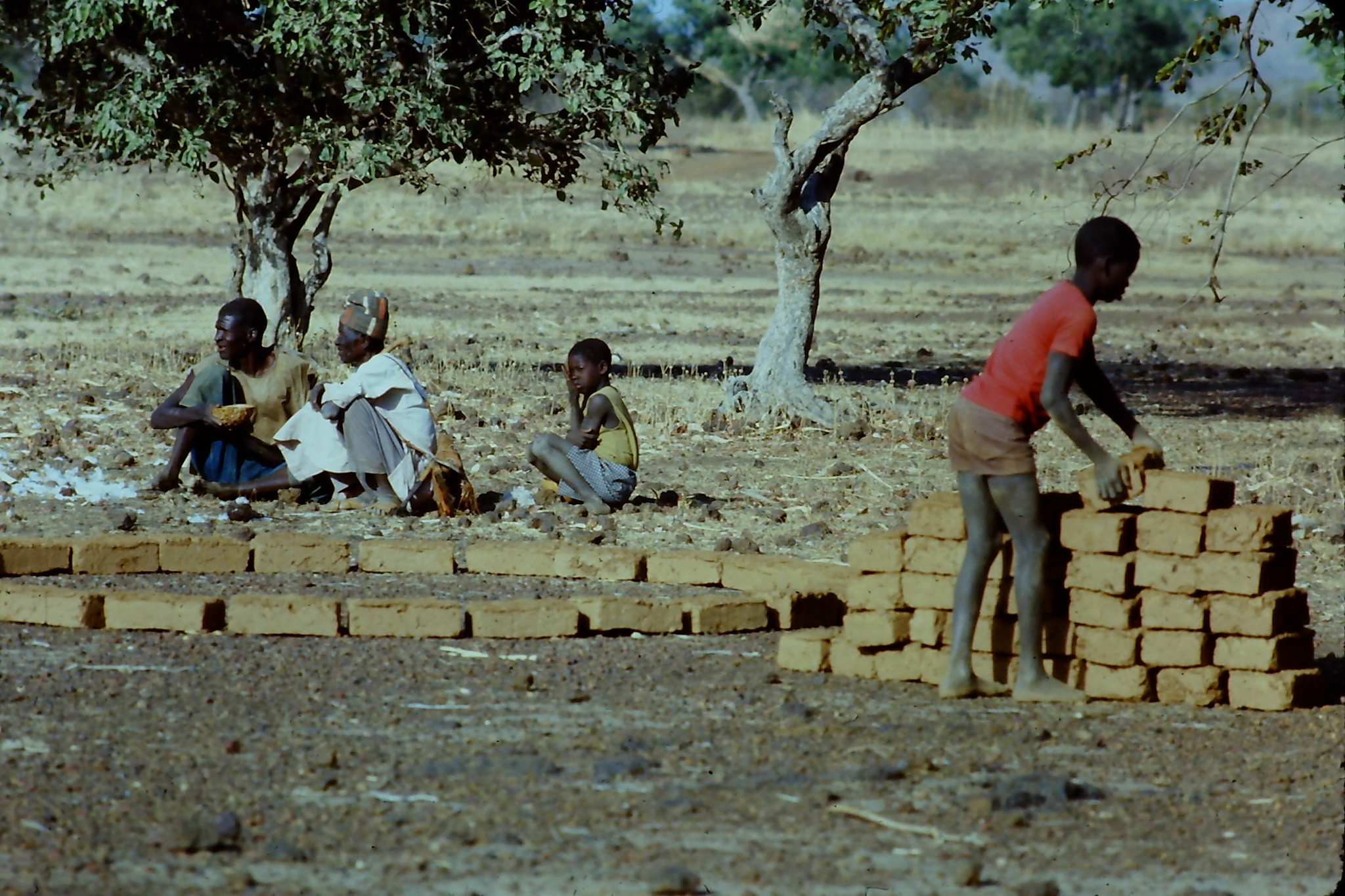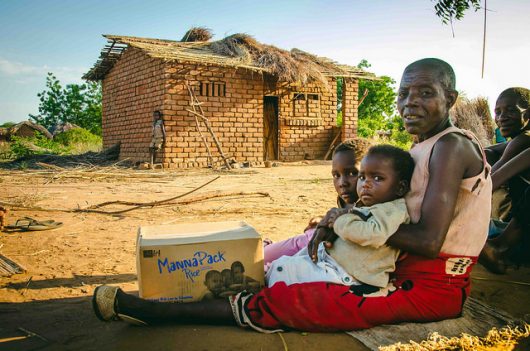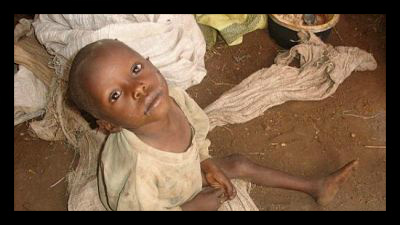Economic sanctions aim to inflict economic harm on a targeted country, select industries within it or organizations or specific individuals with the intended goal of changing that entity’s malign behavior. For one to deem a sanction regime effective, it must inflict economic harm and subsequently change the targeted state’s behavior. As a result, sanctions can increase poverty and cause harm to citizens of the countries that suffer them.
Economic sanctions have proven effective at inflicting economic harm, however, many often overlook that sanctions not only harm the targeted state and its people but also impact the state that implements them. Sanctions reduce the revenues of U.S. companies and individuals, costing billions of dollars in forfeited opportunities or sales and thousands of jobs.
However, countries do not often implement sanctions for punishment’s sake, but rather to change the atrocious behavior of other governmental actors. However, the record shows sanctions rarely get their desired outcome and often hurt the most vulnerable parts of a civilian population. For example, sanctions imposed on Haiti led to an expensive and dangerous mass exodus to the U.S. and the military sanctions on Pakistan led their government to pursue a nuclear option because they no longer had access to U.S. weapons. The U.N. imposed sanction regime in the 1990s on Iraq is illustrative of how sanctions rarely attain their goal and primarily harm the civilian population.
UN Sanction Regime in Iraq
The U.N. implemented comprehensive sanctions on Iraq on August 6, 1990, in response to Iraq’s invasion of Kuwait just four days earlier. The sanctions blocked all imports and exports into Iraq seeking to pressure Saddam Hussein to withdraw from Kuwait and abandon his pursuit of WMDs. After seven months of comprehensive sanctions, Hussein continued the invasion until January 16, 1991, when the U.S. declared Operation Desert Storm. The U.N. coalition forces drove Iraqi forces out of Kuwait in 100 hours.
The economic sanctions evidently inflicted economic harm on Iraq, with the worst effects befalling the most vulnerable parts of the population. In 1993, just three years into the comprehensive sanction regime, the World Food Program (WFP) and the Food and Agriculture Organization (FAO) reported that the sanctions had made severe hunger and malnutrition commonplace for most of the Iraqi population. As per WFP and FAO reported, those severe hunger and malnourishment impacted were vulnerable groups including children under 5 years old, expectant or nursing women, widows, orphans, the ill, the elderly and the disabled.
It was the military force that compelled Saddam Hussein to withdraw from Kuwait, not sanctions. The Iraqi leadership had proven itself able to outmaneuver the impacts of economic sanctions. Hence Iraq’s ability to sustain a ground invasion, under intense sanctions, for seven months after just fighting a war with Iran. The sanctions did not attain their goals as Saddam Hussein remained in power after the negotiated cease-fire, an agreement he largely ignored. By 1997, 31% of Iraqi children under 5-years-old suffered from chronic malnutrition as a result of the sanctions implemented in 1990. This clearly shows how sanctions can increase poverty in the countries that experience them.
Sanctions: A Poverty-National Security Connection
An overreliance on part of the U.S. on using sanctions has eroded U.S. national security and global security in a couple of ways. Anti-democratic regimes, such as Kim Jong-un’s or the former Saddam Hussein regime, frequently scoff at the threat of sanctions because the leadership of these countries is aware they will likely be able to mitigate the effects of sanctions on themselves.
Additionally, sanctions can have the effect of driving civilian populations to be increasingly dependent on their sanctioned government. Sanctions cause scarcity and the sanctioned government is the least vulnerable to resource scarcity. Scarcity enables the sanctioned government to wrest greater control over the distribution of goods, reinforcing the targeted government’s power over its people. In short, comprehensive sanctions can increase poverty and consequently make those that poverty hit the hardest even more dependent on their malign targeted governments.
The U.S. overreliance on sanctions also threatens the superiority of the U.S. dollar. The U.S. derives a great deal of its national security from the dominance of the dollar. The overuse of sanctions leads countries to reevaluate their dependence on the dollar. As Benn Steil noted a director of international economics at the Council on Foreign relations, when one uses this tool too frequently, it becomes increasingly cost-effective for other countries to evaluate alternatives to the U.S. dollar. The unrestrained usage of sanctions increases global poverty and compromises the U.S.’ national security.
Good News: Shifting Stance on Sanctions
There has been a promising shift in the public’s perception of sanctions. In February 2022, the U.N. held a meeting on sanctions, specifically, on how to prevent their unintended consequences. Martin Griffiths, the Under-Secretary-General for Humanitarian Affairs and Emergency Relief delivered a few salient suggestions for sanctions going forward. To ensure that sanctions do not punish civilians for the crimes of their governments, Griffiths suggested to the U.N. Security Council that before countries implement sanctions, they include humanitarian carve-outs in their plan for sanctions. This recommendation would ensure that instead of initiating humanitarian carve-outs after the realization of the obstruction of humanitarian goods, countries can avoid this obstruction by accounting for it before implementing sanctions.
– Chester Lankford
Photo: Wikipedia Commons





 Even though the civil war in
Even though the civil war in